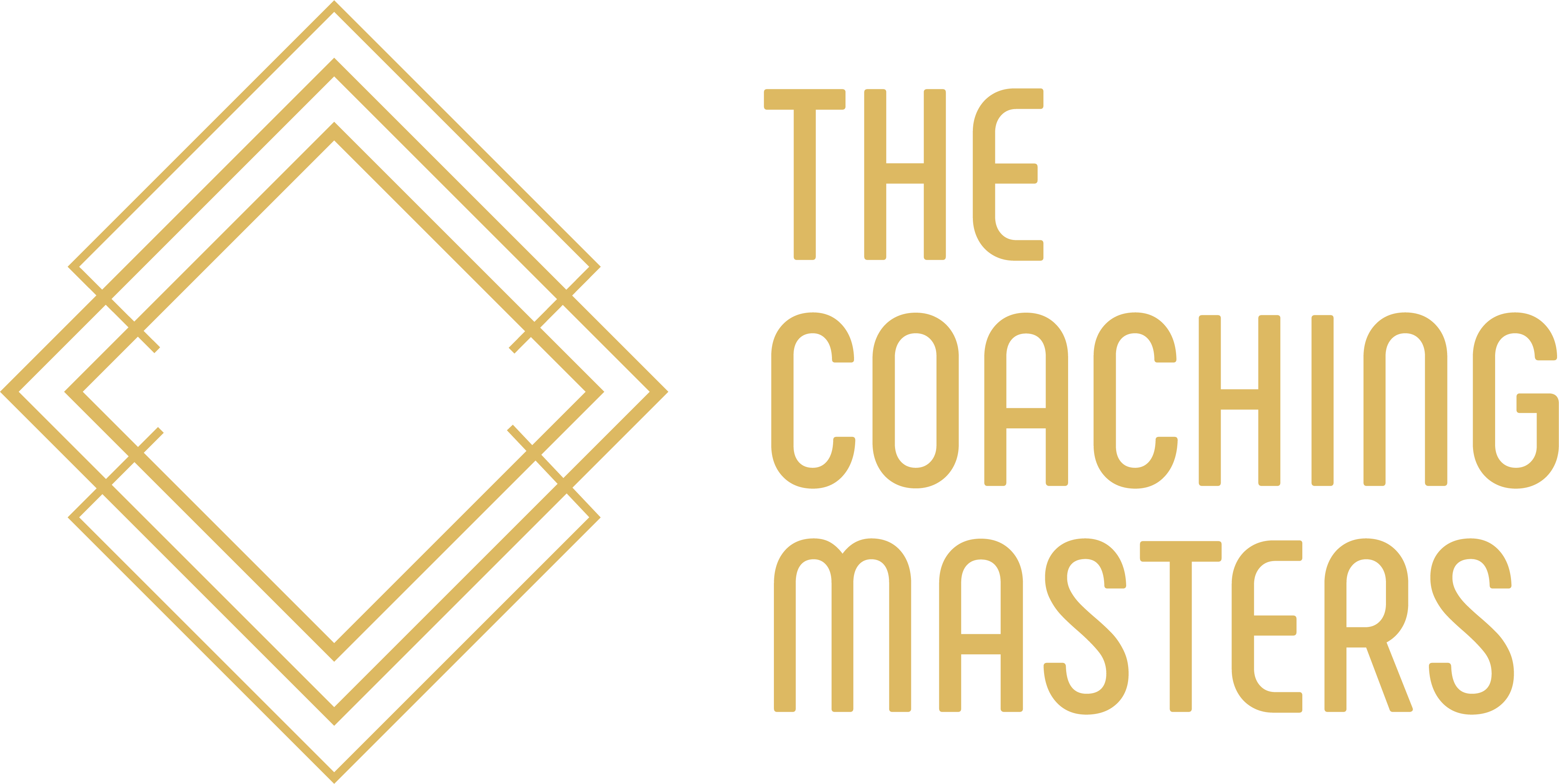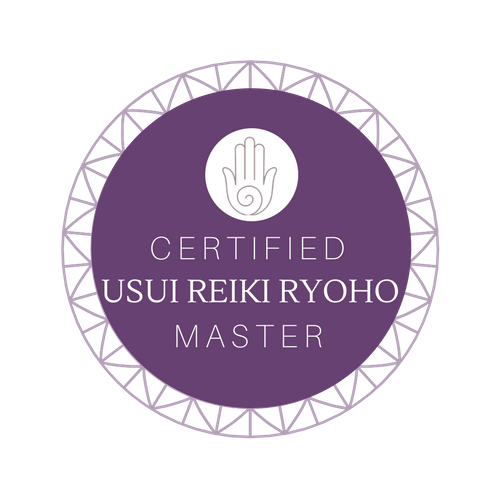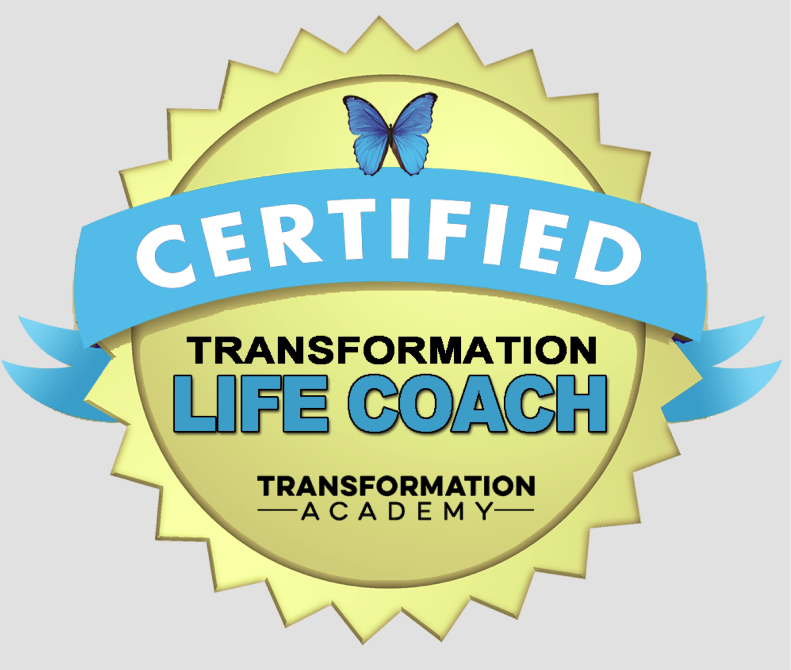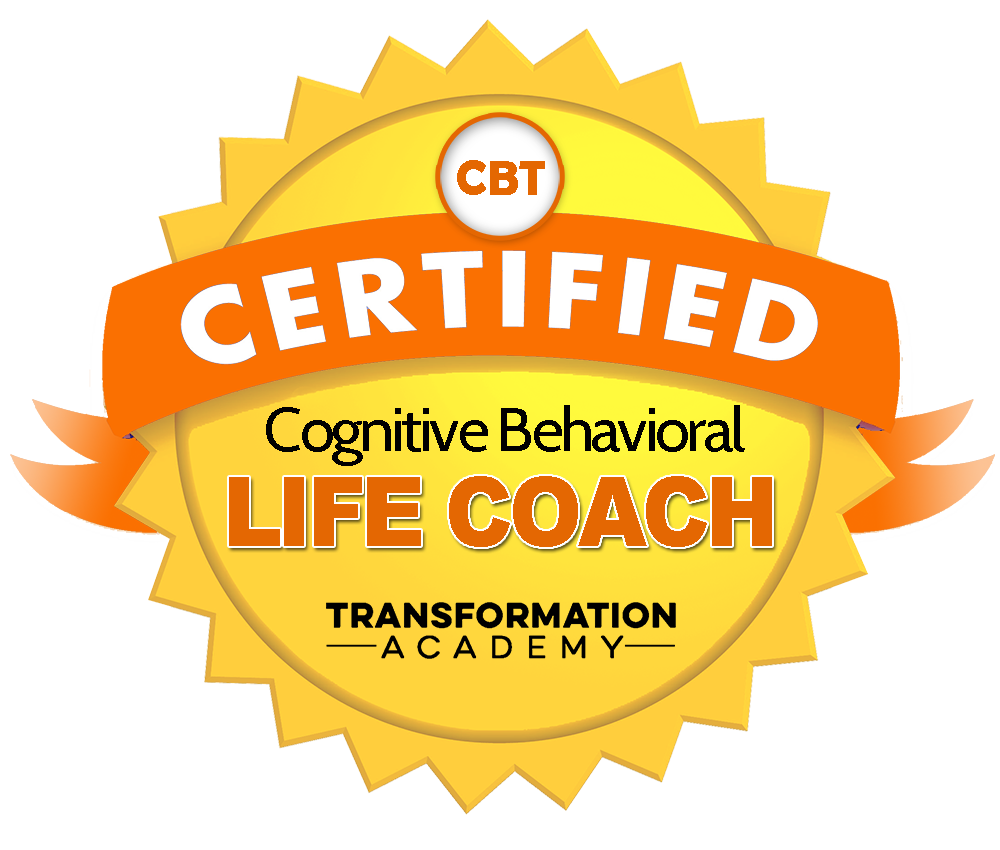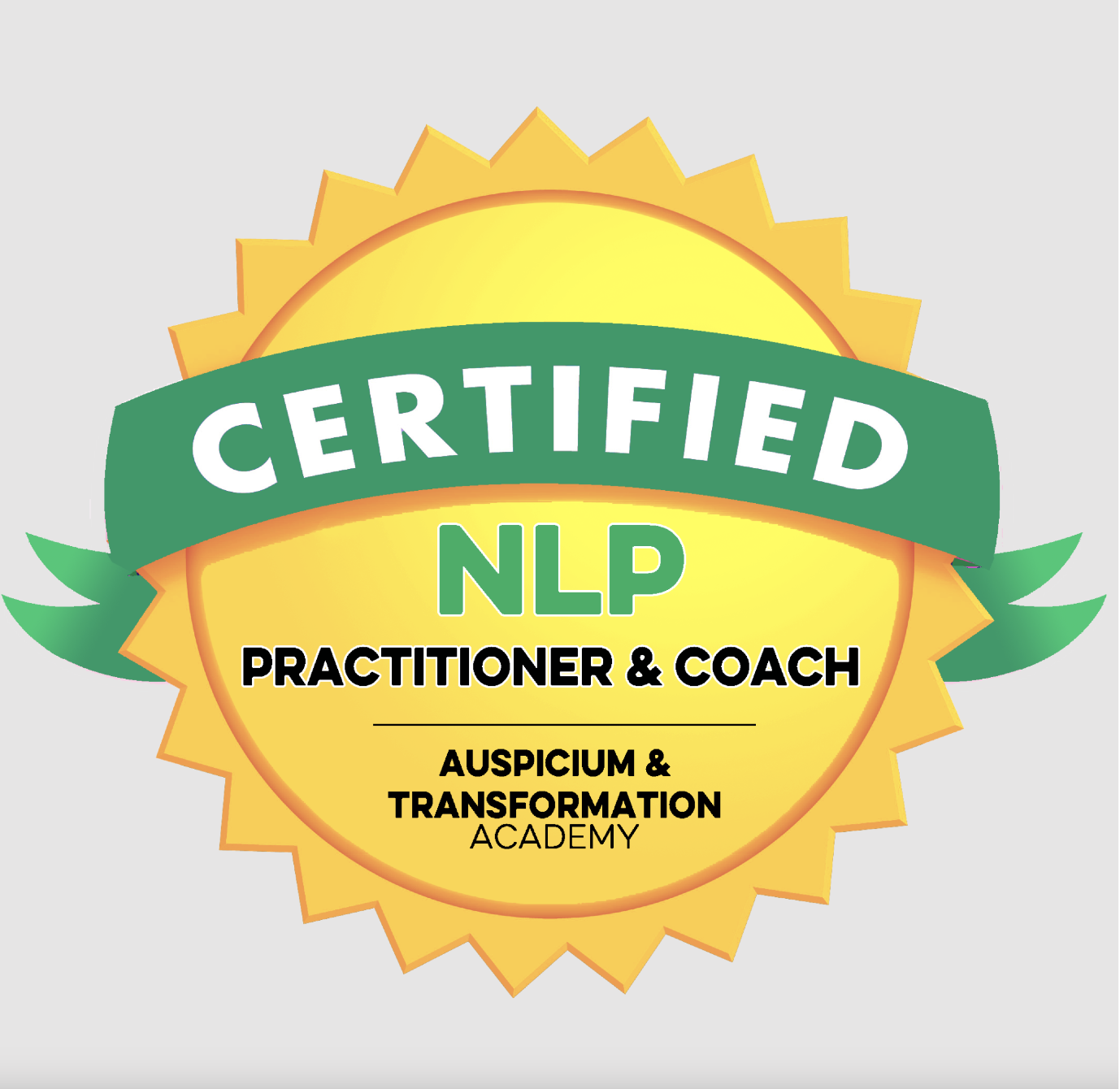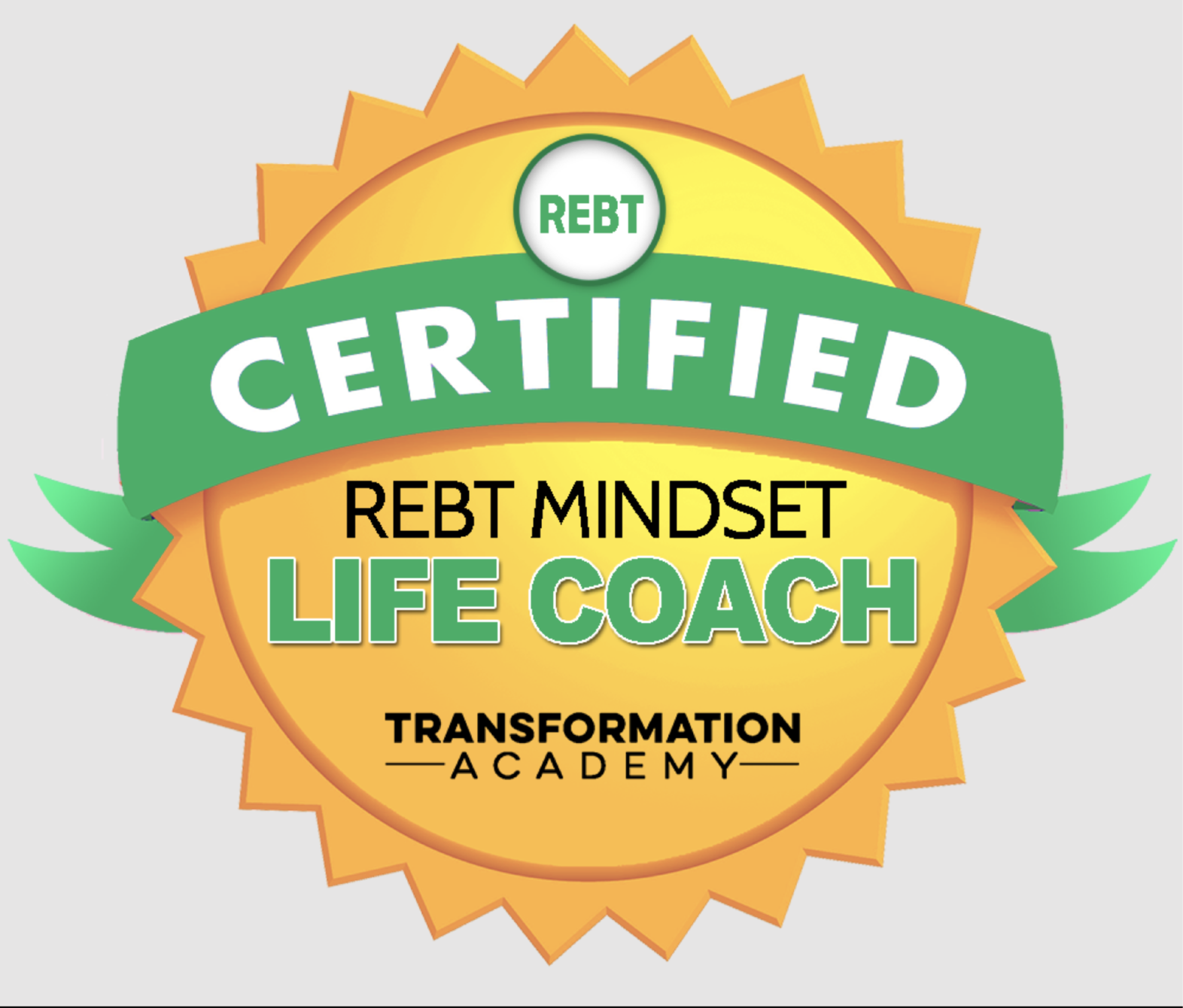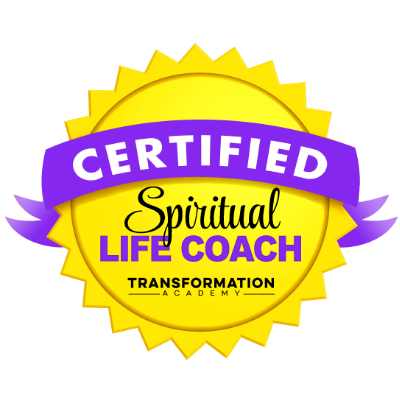Adapting To Change By Meditation

Adapting to change can often be a difficult and stressful experience. Whether it's a significant life shift or a minor disruption to your routine, changes can bring uncertainty and anxiety. However, one of the most valuable lessons I’ve learned is that keeping a positive mindset is essential for navigating change. For me, meditation has become a crucial tool in maintaining calm and helping me put things into perspective. By focusing inward and meditating, I can approach life’s challenges with a clear mind and a calm heart, no matter what changes come my way.
One experience that has stayed with me about the power of meditation in dealing with change was a conversation I had with a close friend. I was feeling particularly nervous about a change I was about to face, and as I confided in her, she shared a story from her own life that demonstrated how meditation helped her navigate a difficult situation.
She told me that more than twenty years ago, she had purchased a brand-new car, which was a significant investment for her at the time. One day, she parked it in an alley beside her house and went inside. A few moments later, she stepped outside just in time to see an old VW bus scrape the front fender of her new car. Understandably, her first reaction was shock and frustration. But instead of letting those feelings overwhelm her, she immediately turned to meditation, focusing on staying calm and keeping the situation in perspective.
As the story unfolded, she described how the driver of the VW bus, a man clearly distraught by what had just happened, stepped out of his car, threw his hat on the ground in frustration, and hung his head in shame. It was obvious to my friend that this man didn’t have the means to pay for the damage to her car, and he was on the verge of tears. The man expected an angry outburst, assuming my friend would berate him for his carelessness.
But instead of reacting with anger, she approached him calmly. She had already meditated for a few moments and reminded herself to handle the situation with kindness. Rather than yelling or criticising him, she simply said, “Don’t worry about the scrape. Have a nice day.” The man was stunned by her response. Tears of relief welled up in his eyes as he realised that instead of facing hostility, he was met with unexpected kindness. Overcome with emotion, he hugged my friend before running back to his wife, who had been sitting in the car, anxiously waiting to hear how bad the situation would become.
The man introduced his wife to my friend, and the three of them ended up having a heartfelt conversation. My friend shared how meditation had helped her remain calm in moments of stress, and how it had transformed her once short temper into a source of peace and patience. What could have been an angry confrontation instead became the beginning of a long-lasting friendship. The man and his wife became some of my friend’s closest companions. Even though the man has since passed away and his wife now resides in an assisted living facility, my friend still visits her regularly. They often reminisce about the day they met, and how a small moment of grace and calm sparked a bond that has lasted for decades.
This story deeply resonated with me, and it showed how meditation can be a powerful tool not only for calming your mind but for turning difficult situations into positive experiences. It reminded me that when we are faced with stressful changes or challenges, our immediate reaction may not always be the best one. By taking a moment to meditate and think about the situation from a more balanced perspective, we can avoid impulsive reactions that may worsen the issue and instead choose a course of action that leads to understanding, kindness, and growth.
After that conversation with my friend, I began to reflect on the changes I was going through in my own life. Inspired by her story, I realised that I could handle my situation much better by staying positive and practicing meditation. Rather than allowing my apprehension and anxiety to take control, I made a conscious decision to approach the upcoming changes with calmness and clarity. I began to see how this period of transition could actually be an opportunity for growth and self-reflection.
That evening, I went home and started incorporating meditation into my daily routine. It wasn’t long before I noticed a shift in my mindset. Where I had once felt stressed and worried, I now felt more relaxed and at peace with the changes that were coming my way. Meditation allowed me to process my thoughts, release my fears, and gain a better perspective on the situation. I was no longer focusing on what could go wrong, but on how I could make the best of the situation and what positive outcomes could emerge from it.
Meditation taught me the importance of staying grounded in the present moment and not letting the fear of change overwhelm me. It showed me that even when life feels uncertain, we have the power to choose how we respond. By taking a few moments to centre ourselves, we can transform stress into calm and anxiety into opportunity.
Ultimately, adapting to change is an inevitable part of life. But by using meditation as a tool to stay centred and grounded, we can approach even the most challenging changes with grace and resilience. This simple practice can help us handle life’s uncertainties in a way that not only eases our stress but also fosters personal growth and strengthens our relationships with others. Just like my friend’s story of compassion and calm, meditation can turn difficult moments into meaningful experiences that have the power to change our lives for the better.
My Affirmation For The Week
"Creativity is contagious. Pass it on."
